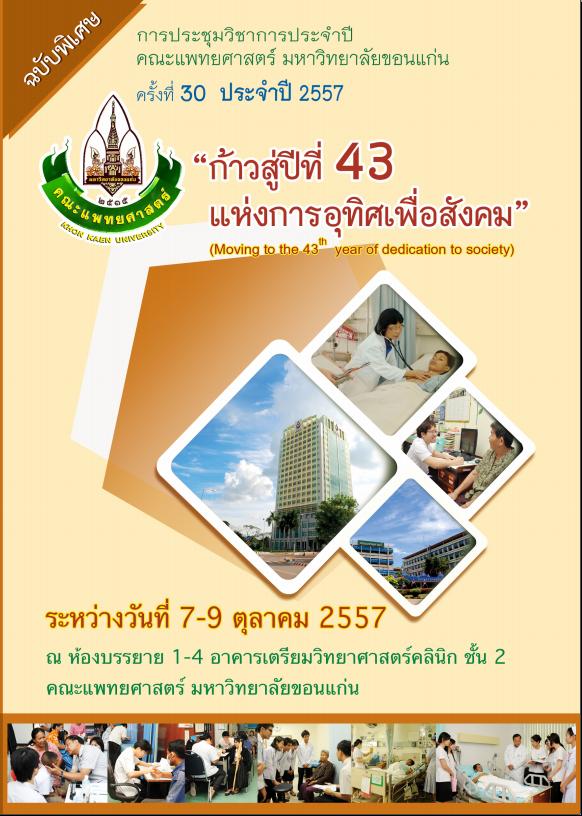Asiatic Acid Improves Endothelium-Dependent Vasorelaxation in Conduit and Resistance Vessels Isolated from Metabolic Syndrome Rats
Keywords:
Asiatic acid, Metabolic syndrome, Vascular functionAbstract
Background and Objective: In previous study, we have reported an antihypertensive effect of asiatic acid (AA), a triterpinoid compound, in high carbohydrate-high fat diets (HCHF)-induced metabolic syndrome (MS) rats. This study aimed to evaluate the effects of AA on vascular function in thoracic aorta and mesenteric vascular beds isolated from MS rats.
Method: Rats were fed with HCHF diets plus 15% fructose in drinking water for 12 weeks to induce MS and orally administered with vehicle or AA (20 mg/kg BW/day) for the last three weeks of the study. At the end of study, systolic blood pressure (SP), heart rate (HR), metabolic indices were measured. Thoracic aorta and mesenteric vascular beds were isolated and set up for vascular function study. Vascular responses to acetylcholine (Ach) and sodium nitroprusside (SNP) were examined.
Results: Rat fed with HCHF diet exhibited signs of MS including, high SP, dyslipidemia and hyperinsulinemia. AA restored all metabolic abnormalities and SP in MS rats (p<0.05). Additionally, vascular responses to Ach were significantly blunted in both thoracic aorta and mesenteric vascular beds of MS rats comparing to the response in control rats (p<0.05). The improvement of vascular responses to Ach was observed in MS rats treated with AA (p<0.05), while the relaxation response to SNP did not differ in all preparations, indicating the normal vascular smooth muscle cells function.
Conclusion: This study suggests that AA alleviates hypertension in MS rats. This might be related to improving endothelium-dependent vasorelaxation in both thoracic aorta and mesenteric vascular beds isolated from MS rats.




